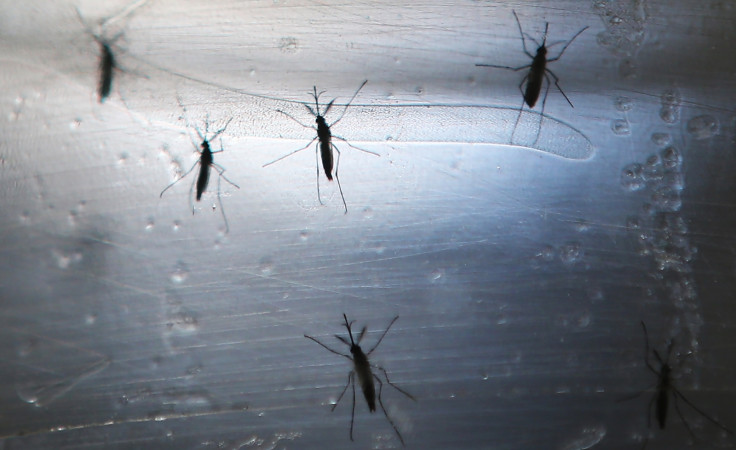Activists in Florida block release of GM mosquitoes which could suppress Zika outbreak
Opponents fear devastating unforeseen consequences if engineered life forms are released.

In the battle against Florida's Zika outbreak – part of a controversial move which will be the focus of a non-binding referendum in an upcoming election – a company eager to release genetically modified mosquitoes has been blocked by Florida Keys' residents.
The US federal Food and Drug Administration (FDA) approved trial releases of the mosquitoes in Florida in early August, but opposition halted the measures.
A UK company Oxitec has designed genetically modified male mosquitoes intended to mate with 'wild' females. The offspring die before reaching adulthood thereby cutting the reproductive cycle short.
The Department of Health in Florida on Wednesday 17 August reported three new non-travel-related cases of the Zika virus, bringing the total number of non-travel-related cases to 33. The Oxitec mosquito is already being used in Brazil.
Some experts believe the strategy would be far more effective in a fight against the Zika-carrying Aedes aegypti mosquito, many of which have become immune to pesticides.
The issue is critically important to the health of Florida residents, especially for pregnant women who can have babies with Zika-linked microcephaly if they contract the disease.
"What we're doing now [with spraying] kills maybe 60% of the adult females that are the ones carrying diseases," Michael Doyle, the Keys Mosquito Control District director, told NPR. Oxitec has a "90%-plus" rate, Doyle added.
But opponents fear that the technology could open a 'Pandora's box' of unforeseen widespread negative consequences for people and the environment.
"We don't think it's ethical to be altering life forms in this way and then releasing them out into the wild," said Zen Honeycutt, director of the group Moms Across America, whose mission is to raise awareness about the negative impacts of genetically modified organisms and toxic exposure.
For the time being, the Florida Keys Mosquito Control District is allowing Oxitec to use its facility on Marathon Key to breed adult males for release elsewhere – and perhaps eventually in the Keys.
Oxitec CEO Hadyn Parry said the company has asked the FDA to consider allowing a test release of the mosquitoes on an emergency basis elsewhere, maybe in Miami which is struggling now with a Zika outbreak or the US territory of Puerto Rico.
"We could do that; we're ready to deploy," said Parry. "We could do that very quickly, within about a month."
Florida is the first state in the US to have Zika-carrying mosquitoes; other cases of Zika have been transmitted by US travelers returning from countries with outbreaks of the disease.
The US has declared a Zika state of emergency in Puerto Rico, where more than 10,000 people have been infected with the disease. A Texas newborn recently died of Zika-linked microcephaly, the first such case in the US.
© Copyright IBTimes 2025. All rights reserved.






















